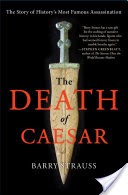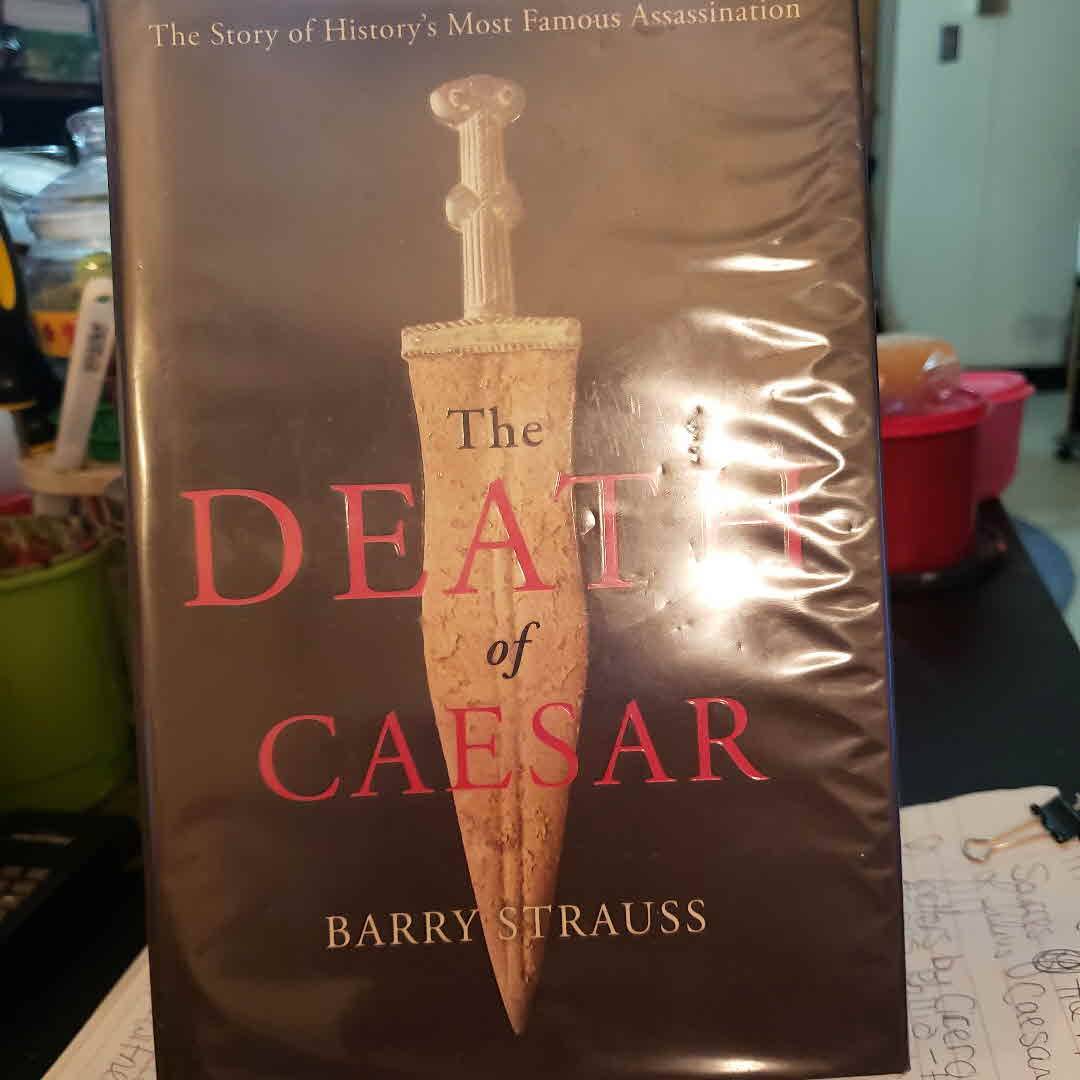I didn't know anything about Decimus Brutus, so all his involvement was new to me. The style is somehow less engaging than Strauss' previous books.
I picked through this book over several months. I wanted to ingest it slowly. There is of information to take and the more I read the more questions I thought to myself concerning the master minds of the assasination and the primary sources. I have bought a few primary sources along the way as I was reading. I will say that the author gave me a different perspective on the motives of the assasination that were not mentioned in classics courses.





















